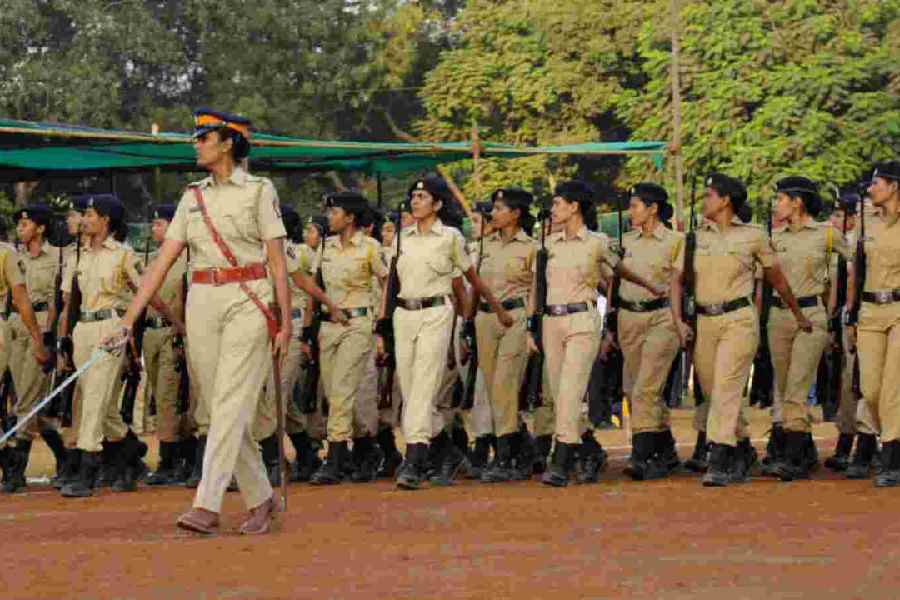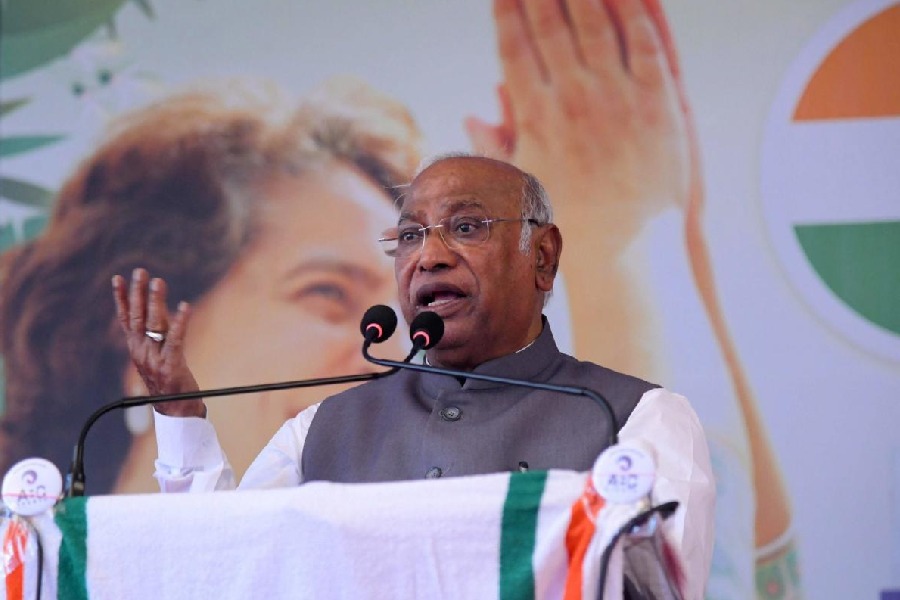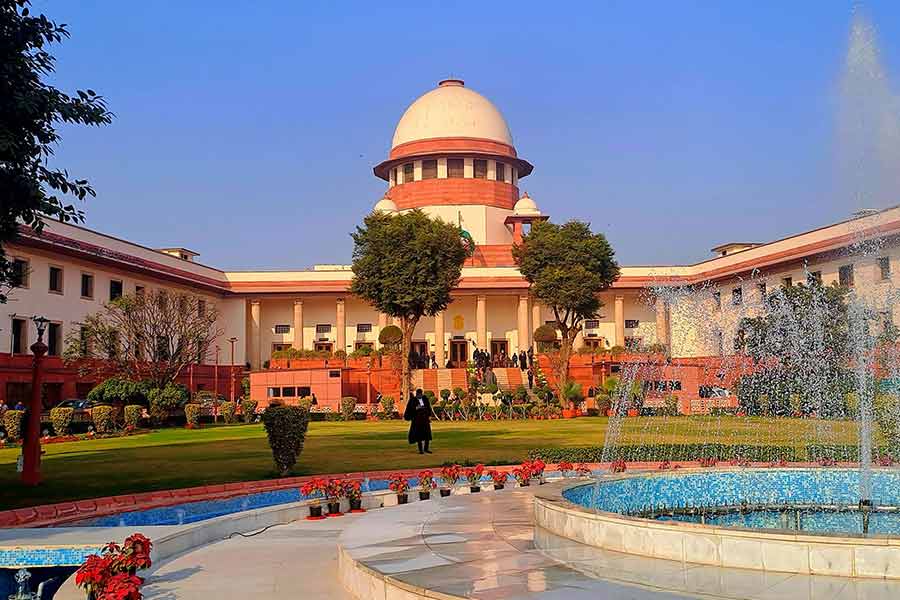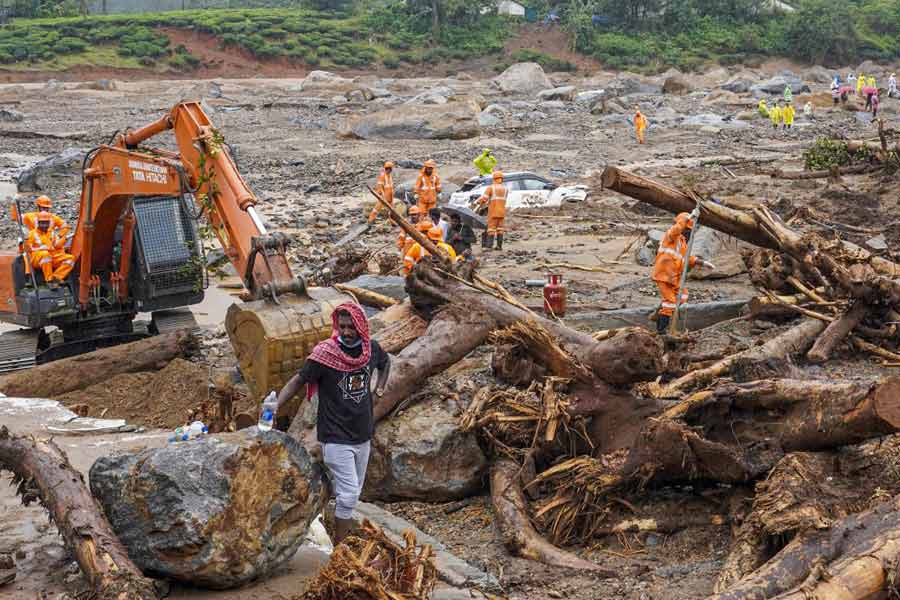Catastrophic pandemics have been occurring at regular intervals throughout human history. The last one, the Spanish flu pandemic of 1918, took place a century ago. It was before the advent of modern psychiatry as a science and a clinical specialty. As a consequence, contemporary psychiatry and the entire field of mental health has had little opportunity to study the phenomenon through its clinical and scientific lens.
We are living through a pandemic right now, but I have realised that we are not well equipped to formulate scientifically proven processes for the maladaptive human responses during these times because of lack of experience and a knowledge base.
We are drowning with updates and advice on how to stay safe. Isolation and social distancing seem to be among the most helpful tips to prevent infection and spread of the disease. These are methods to keep the infection at bay from our bodies. But how do we prevent the virus from infecting our minds? How does all this affect our individual minds? How does it influence the ‘mind’ or the ‘psyche’ of a society as a whole?
There is a plethora of unending news updates. They are often confusing and completely misleading. “We are not just fighting an epidemic, we’re fighting an infodemic,” was the statement of Tedros Ghebreyesus, director, World Health Organisation, recently.
Then there are stories of hardships of citizens in lockdowns and ferocious social vilification of those who are suspected to have the disease and yet did not heed the common-sense precautions. All these, collectively, are bound to take a toll on the mind unless someone is a resolute stoic.
In fact, I feel it is a time for stoic reflection. Our responses to the pandemic have changed over this brief period of time. Initially, when the disease was restricted to foreign countries, we were sharing funny memes. Now our exchanges have turned more sombre and dark. I remember there was this funny meme about why Bengalis need not be afraid of coronavirus. They have apparently grown up on a diet of listening to korona (don’t do this or that). The change in the collective mood from one of conviviality to a darker one was reflected starkly to me when a friend and a colleague wished “happy birthday” in advance to a group of physicians as he feared that some of us may not live during the next six months. On sombre reflection, it was not hyperbole.
These are challenging times, with clear uncertainty about how long the pandemic will last. However, I believe adversity teaches us more in life and the Covid-19 outbreak has taught us how precarious and precious life can be.
The paradox of the disease is that it is the connectedness of the globalised world which has led the virus to spread and reach the proportion of a pandemic. The cruel irony of the challenge is that now the only effective antidote to the spread is social distancing. However, we have become used to living in a hyper-connected world. Social distancing is the very antithesis there.
In my previous column for The Telegraph, I had written about practising silence as a means to feel more composed and centred in our lives. It is sheer coincidence that a virus is now forcing the whole of humanity towards reviewing our current way of living and being.
Social distancing does have a negative connotation and physical distancing is much the better and more accurate term. The dangers of social distancing are manifold. A sense of loneliness and isolation take a toll on our mental health and also hide the fact that we are in it together.
Some of us will be more vulnerable due to social distancing. Those who have pre-existing mental illness are already suffering from heightened anxiety and panic about the disease. This is worsening their already fragile mental states. Even amongst those who do not have any history of mental illnesses, the tsunami of information and coverage on the disease has planted seeds of fear. The elderly are most vulnerable for a multitude of reasons and those of us who can, must reach out and reassure.
As a psychiatrist, it has been a learning experience for me. I have realised, like many other professionals in the medical field, that we are traversing unchartered territory. We have little experience of dealing with such situations. The psychological effects of the pandemic are wide-ranging.
At a broader level, how does the fear of the pandemic play out on the behaviour and emotions of a society? This is very different from individuals being affected with anxiety. How do you understand behavioural contagion and emotional epidemiology? How do you manage fear and, most importantly, misconceptions, at the community level?
As there are patterns of infection, there seem to be patterns of emotional reaction (“emotional epidemiology”) associated with new illnesses. My friend, Dr Arnab Basak, articulated it very well based on his reading. There are four stages in our emotional reaction to any new, potentially fatal disease — denial, panic, mass hysteria and rational acceptance.
We are in the second stage now and all efforts are on to prevent mass hysteria. The government, mainstream media, healthcare and frontline staff have been doing an exemplary job in preventing our emotional responses from cascading towards mass hysteria. Each of us, as citizens of the world, have a responsibility in quelling the panic and preventing aggravation.
It is crucial to understand that globalisation has not caused the disease. Pandemics existed even before globalisation occurred. In my view, this pandemic singularly highlights the importance of community connectedness at multiple levels, which is something we have unknowingly lost.
Real protection against Covid-19 comes from connectedness. Sharing information across countries to combat the spread, enhancing trust between people and scientific experts and between people and government are all varied expressions of being connected through trust and mutual respect. One of the lessons we can draw from the crisis is that we all matter equally, that we need to look after one another, that we sink or swim together. The rich really cannot fly off on planes to get cover and treatment in another country. There are no planes which they can board and no country which will welcome them now.
Another aspect, for a mental health professional like me, is how do you build resilience and emotional safety for those who are emotionally vulnerable? How do you help them to deal with social distancing, lockdowns and quarantines? Some of us (mental health professionals) are having a hard time dealing with the dark psychological symbolism of a lockdown and social isolation. Many of our patients have survived years of trauma and abuse. They have felt like ‘hostages’ in their own living hell and may have barely managed to escape. The current situation, symbolically, recreates the past for them. Lockdown and isolation are, to them, more than mere physical forms of existence.
There is another perspective from the psychological lens — those of the care providers. Fortunately, most of us are privileged not to worry about the conundrum of how to maintain morale and hope among frontline healthcare workers, especially in the current environment in which they feel constantly threatened and mistrusted by the population they are working for.
Figures from China reflect that an estimated 3,000 healthcare workers have been infected and at least 22 have died. Spain has about 4,000 infected health workers and Italy has at least 18 doctors dead because of Covid-19. Transmission to family members of healthcare workers is widely reported.
Now consider the absolute lack of personal protection equipment to which the healthcare staff in our country have access to. So how does one convince them to go out and do their best in the battlefield? I can understand that some of us would feel that this is what they had signed up for and, hence, should just get on with the job.
Unfortunately, that reasoning is wrong at multiple levels. First, all healthcare staff have a right to demand adequate infrastructure to do their job and, second, they may have signed up for the job but not at the risk of endangering the lives of their families. There is a real sense of dilemma in most of my colleagues working in the frontlines that, unknowingly, they will transmit the virus to their loved ones. Again, a pandemic has made it abundantly clear. There has to be far more investment in public health.
It is clear that this pandemic will force us to question our priorities as a society. The answers are necessarily complex — we can only search for them if we realise it is time to come together as a community. The threat of contagion has taken away the community, albeit temporarily from us.
We will have to isolate ourselves for now; there is no choice. But it is only this collective — this community — which we had taken for granted in our pursuit for individual successes and safety that can act as a cushion between life and death.
As I write this piece, I am appalled by the treatment meted out to my junior colleagues, who have been served eviction notices by their landlords as they are more exposed to infection. How can anyone look into their eyes and ask them to go back to work when they have no place to stay?
It is time to act, now. It is also time to change our world view. You cannot “evict” the virus from your backyard by shutting doors. We have to form a community of concern for each other and, maybe then, just maybe, we will survive.
Dr Jai Ranjan Ram is a senior consultant psychiatrist and co-founder of Mental Health Foundation (www.mhfkolkata.com). Find him on Facebook @Jai R Ram











